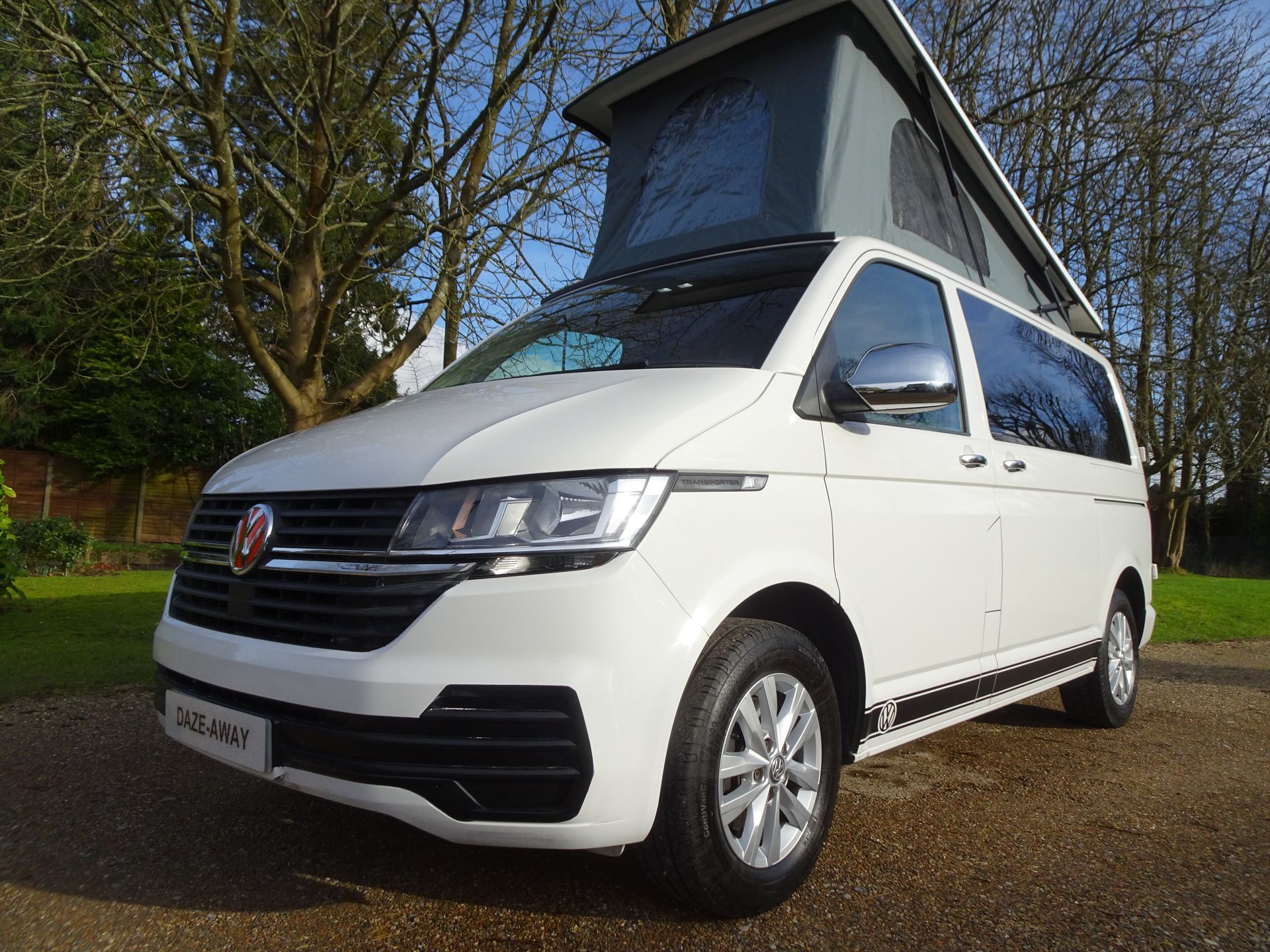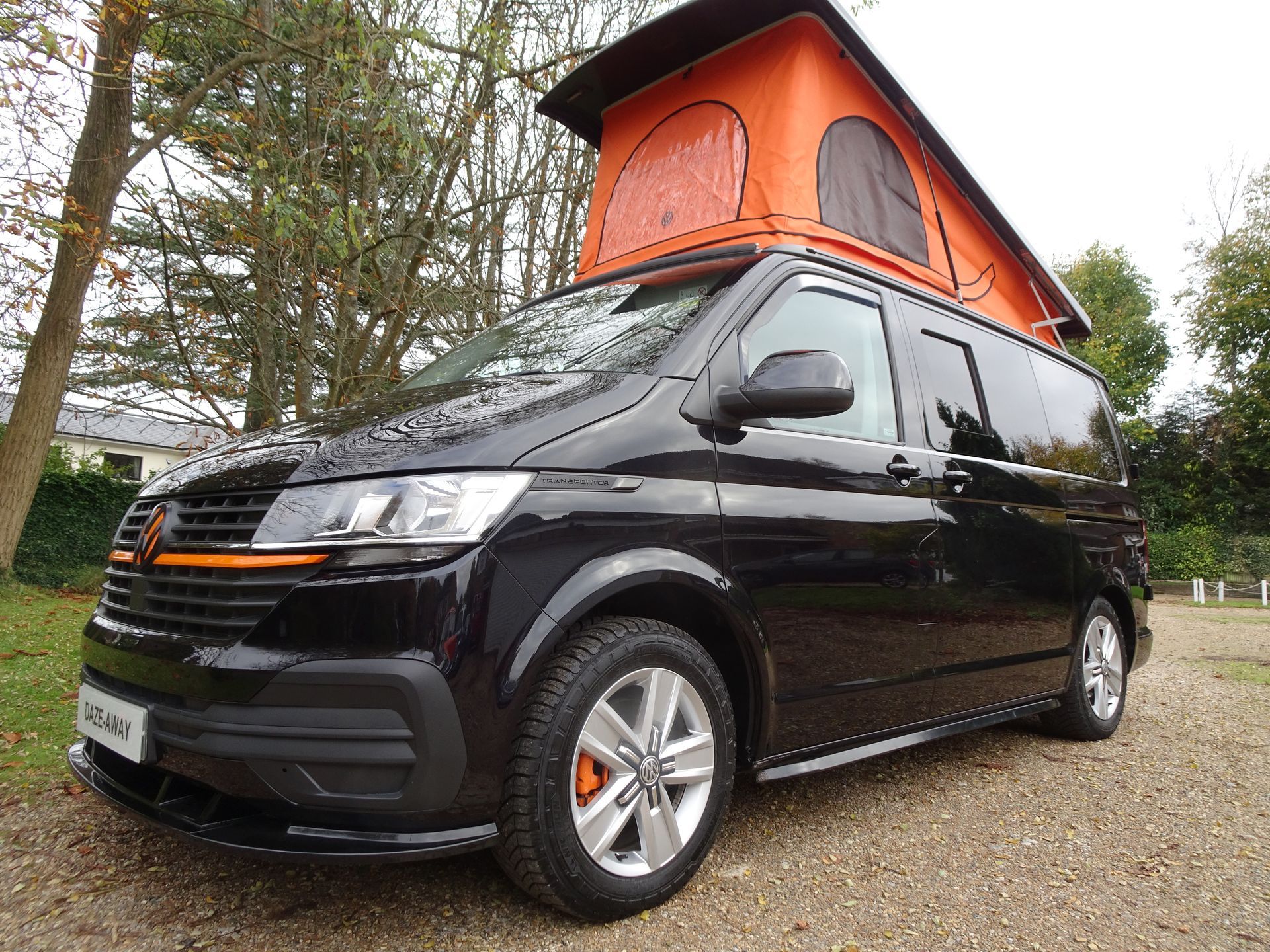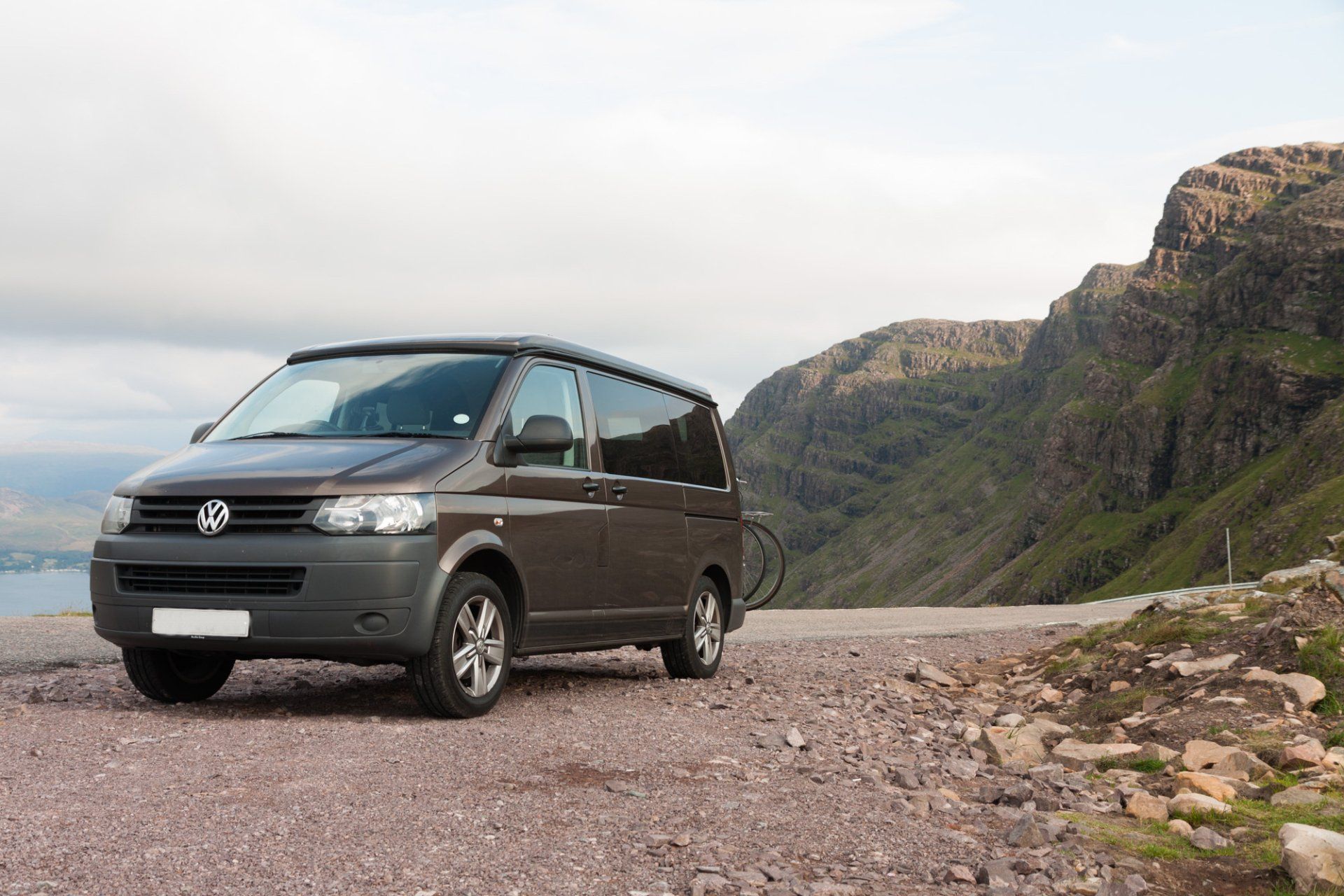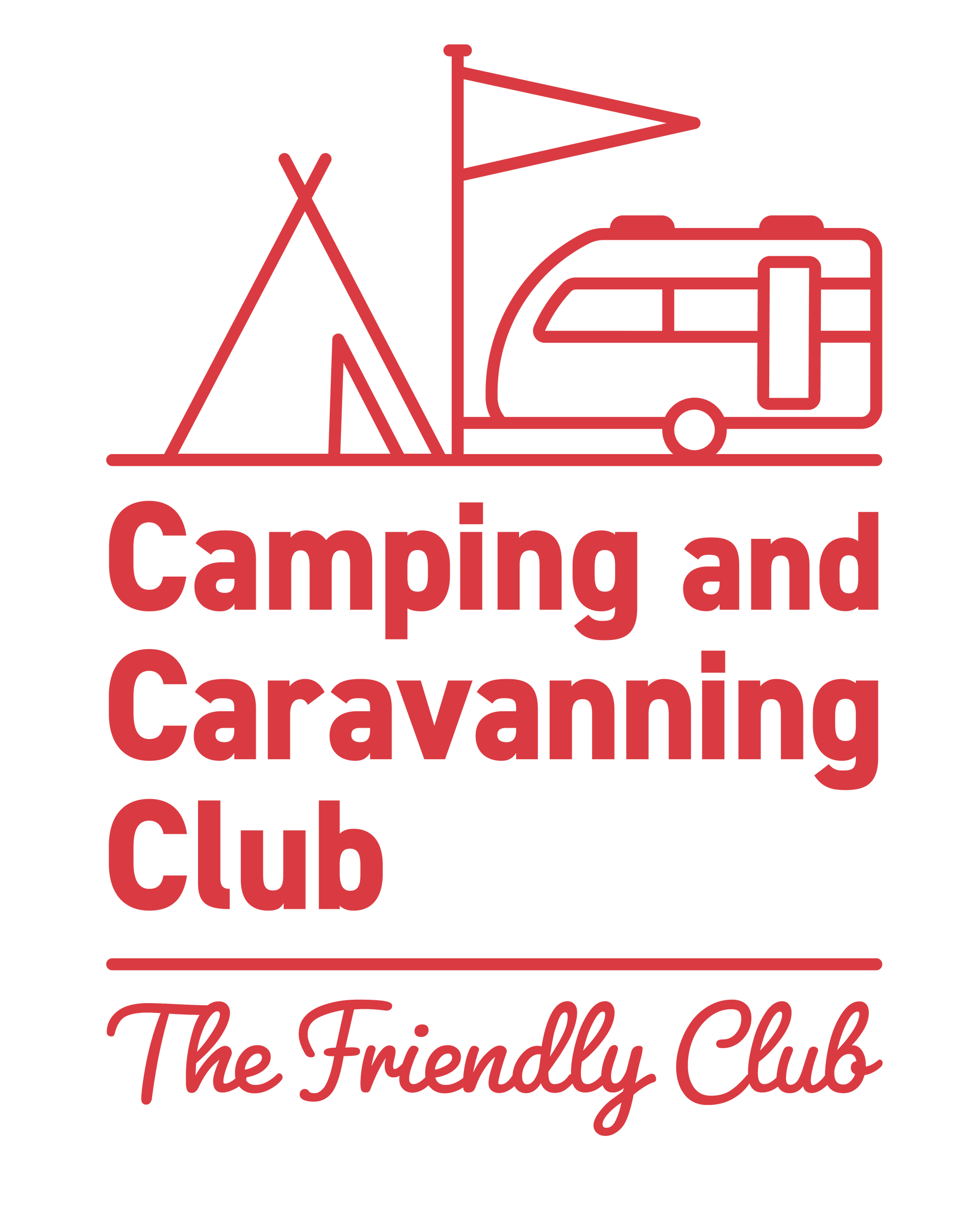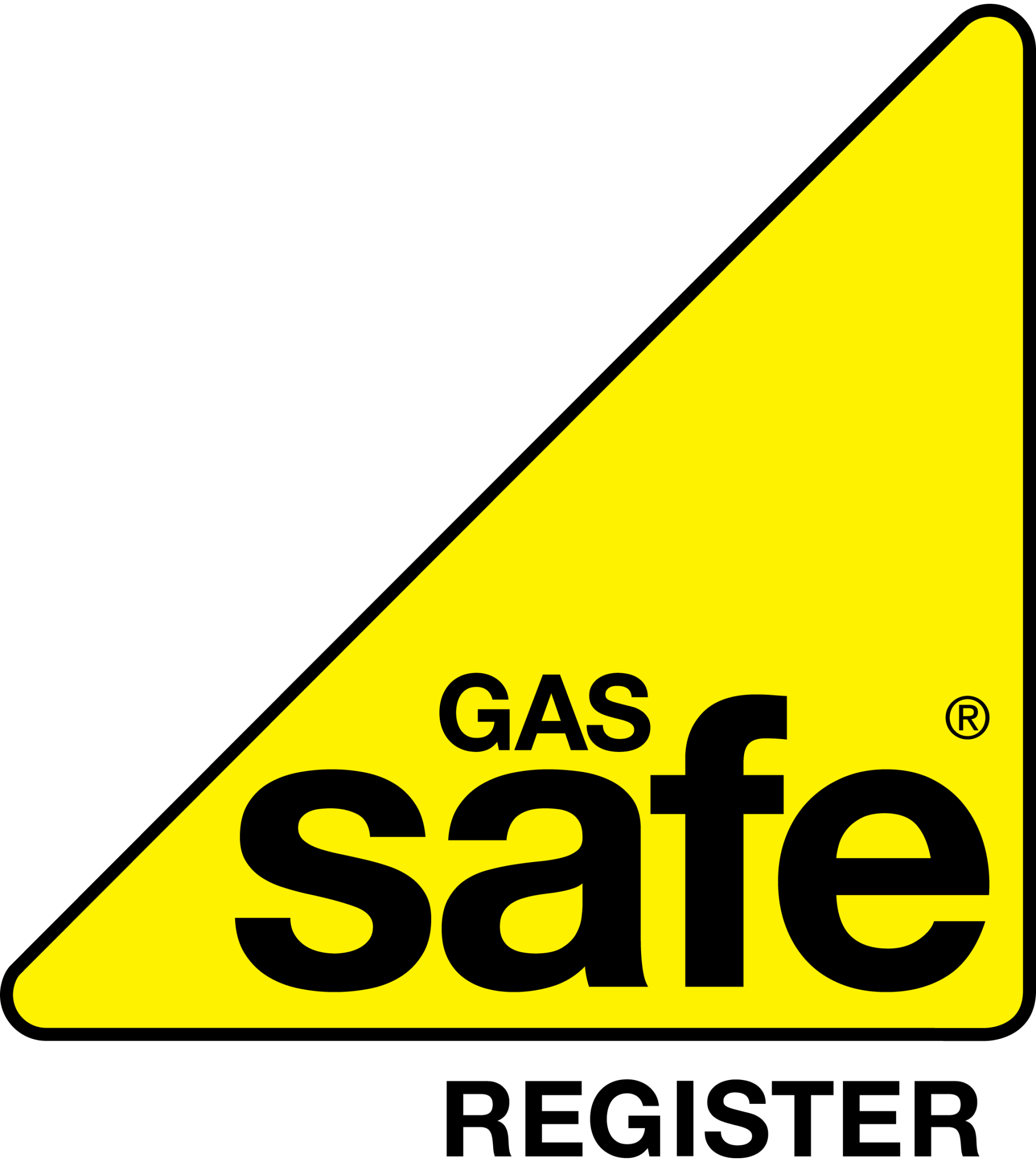Driving in Europe Checklist
There are a number of requirements you might not be aware of when driving in Europe. Below is a checklist to help plan your trip.
Coronavirus update
Driving to, through and within France is strictly regulated right now. If you need to travel to France, you must complete an ‘attestation’ form and show it to border officials and the police on request. This form must state one of seven official reasons for entering the country. You can find the ‘attestation’ form here (see ‘International travel to metropolitan France’ section).
Once in France, drivers must either have a personal or employer’s certificate with them. The personal certificate needs to be completed by the driver and the employer’s professional travel waiver certificate must be filled in and signed by the driver’s manager. You download all ‘attestation’ forms from the French Government website.
Check the Foreign travel advice section of the GOV.UK website for up to date advice on all other European countries.
Important documents for driving in Europe
- Full, valid driving licence and national insurance number
- Proof of vehicle insurance
- Proof of ID (passport)
- V5C certificate (the 'log book') or VE103 Form for a hire vehicle. Available from RAC
here
- Travel insurance documents
- European Breakdown Cover policy number and documents
- Current vehicle Tax and MOT
- Crit’air sticker if driving in France (find out if you need one here )
Required equipment for driving in Europe
- Reflective jackets (there must be one for each passenger and be kept within the cabin of the car)
- Warning triangle (compulsory in most countries)
- Headlamp beam deflectors (depending on your car, you’ll either need deflector stickers or have to adjust the beam manually)
- Safety helmets are compulsory for riders and passengers of motorcyclists and moped users
- GB car sticker (if you don’t have a GB Euro number plate)
- First aid kit (compulsory in Austria, France and Germany)
Recommended things to take with you for Driving in Europe
- Fire extinguisher
- Replacement bulbs
- A high quality torch
- A spare fuel can
- Additional engine oil and water (for topping up)
- An up-to-date road map or satellite navigation system
- Blanket
- Sun cream
- Refreshments and plenty of water
- If you have children, take some games you can play in the car during the journey
- Take extra supplies of medication in case you can’t get these abroad
- Photocopies of important documents
- European Health Insurance card
Useful Information
Driving tips
• Drive carefully and cautiously - remember the local driving style may be very different to that of the UK.
• We recommend that you get your vehicle serviced/checked before making any long journey, but particularly if you are planning to drive to Europe.
• Don’t forget most European countries drive on the right-hand side of the road (the exceptions are: the UK, Irish Republic, Cyprus and Malta).
• You may be able to save time on your
journey if you purchase a toll card in advance of travelling. Follow this link for more information. https://www.saneftolling.co.uk/
Our vehicles include RAC Breakdown cover.
In the event of as breakdown, this is the advice from the RAC website:
• Our English-speaking translators and technical experts will liaise with you in English and the garage in their local language.
• Our translators and technical experts will liaise with you and the garage to get your vehicle fixed, but any work done by the garage will be your responsibility.
• If you do require repairs on your vehicle remember that the costs of parts and labour may differ to those in the UK but our rescue teams in Europe will work towards ensuring that you get the best rate possible.
• Motorways in France are privately managed so law states that if you break down you must use the roadside emergency telephones or dial 112 as we cannot send out assistance. You’ll be put through to the police or motorway services operators who’ll send out a rescue company to come to your aid. If they don’t, just call us.
• You may have to pay labour and towing charges on the spot but we will cover these charges as long as the vehicle is towed to the recovery company’s depot.
• On a motorway, if you have a breakdown, it is vitally important that you get all people out of the car immediately, put your high-vis jackets on and move to a safe position.
• Our RAC vans do not operate in Europe so instead you’ll be assisted by the service providers and partners that we have chosen to work with.

